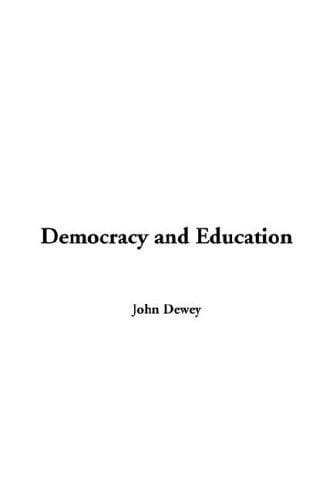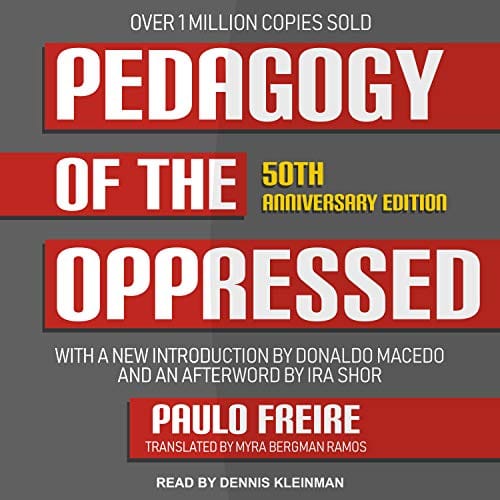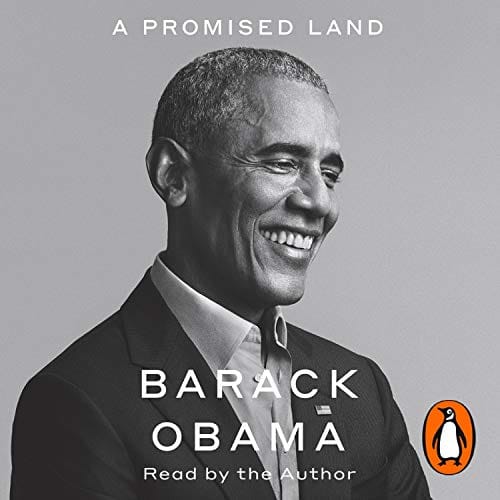Democracy And Education
Explore how education strengthens democracy, fosters civic participation and builds equitable societies.

Introduction
Democracy and education are two concepts that have grown side by side for centuries. A functioning democracy relies on informed citizens who can think critically, deliberate respectfully, and vote responsibly. Likewise, quality education flourishes in societies that safeguard freedom of thought and equal opportunity. From the ancient Athenian agora to today’s digital classrooms, the vigor of democratic institutions has always reflected the depth and reach of learning among the people. Understanding this interdependence is essential for policymakers, teachers, parents, and students alike.
Historical Roots of the Link Between Democracy and Education
The idea that education underpins democracy is not new. In classical Greece, participation in civic life was restricted to free male citizens, but even they were expected to master rhetoric, philosophy, and mathematics in order to serve the polis effectively. The Enlightenment later expanded the notion by arguing that reason, not heredity, should guide government, and this principle inspired widespread publicly funded schooling in emerging republics. In the early twentieth century, American philosopher John Dewey famously contended that democracy and education are mutually reinforcing processes of shared inquiry and growth. His insight still resonates today.
Why Democracies Need Educated Citizens
Modern democracies require more than the ritual of voting; they depend on citizens who can sift evidence, resist manipulation, and collaborate across differences. Education equips people with factual knowledge, but its deeper contribution is the development of dispositions: curiosity, empathy, skepticism, and a sense of agency. When students learn how laws are made, why rights matter, and how to communicate persuasively, they are better prepared to hold leaders accountable and to participate in civic initiatives from local councils to global campaigns.
The Role of Schools as Civic Laboratories
Schools are often called civic laboratories because they provide a microcosm of society where democratic habits can be practiced daily. Classroom debates mirror parliamentary deliberation, while group projects require negotiation and compromise. Even seemingly small rituals, such as electing a class representative or writing a shared code of conduct, teach students that power can be shared and rules can be changed through collective action. Importantly, inclusive school cultures that respect diverse voices signal to every learner that democracy belongs to them, not just to elites.
Curriculum That Encourages Critical Thinking
A curriculum that nurtures democracy goes beyond a once-a-year civics unit. History courses should spotlight multiple perspectives, literature should invite moral imagination, and science classes should emphasize evidence and peer review. Project-based learning that addresses real community problems connects abstract concepts to lived experience. By integrating global issues such as climate change and migration, educators can show how local decisions ripple outward, fostering a sense of planetary citizenship alongside national allegiance.
Teaching Methods That Model Democratic Values
Teaching methods matter as much as content. Authoritarian classrooms that reward rote memorization send the unintended message that authority is unquestionable. In contrast, democratic pedagogy encourages open-ended questions, peer teaching, and student choice. When teachers model respectful disagreement and admit uncertainty, they demonstrate that truth is discovered through dialogue. Assessment can also support democratic goals by valuing creativity and collaboration, not just individual test scores.
Digital Literacy and the Information Age
The rise of social media and algorithmic news feeds has made digital literacy a cornerstone of democratic resilience. Students must learn to recognize bias, verify sources, and understand how data are collected and used. Coding workshops, media production labs, and discussions about privacy give young people the tools to participate online without falling prey to misinformation or surveillance. Equipping citizens to navigate the information ecosystem is now as important as teaching them to read and write.
Life-Long Learning and Adult Education
Democracy does not end at graduation; it is a lifelong project. Adult education programs, community colleges, and public libraries offer venues where people of all ages can update skills, engage in civic dialogues, and adapt to changing economic realities. In a fast-moving labor market, continuous learning prevents disenfranchisement and social fragmentation. Policies that make education affordable and flexible therefore strengthen democratic inclusion across generations.
Challenges and Inequalities to Address
Despite progress, significant challenges remain. Funding disparities mean that students in low-income districts often lack qualified teachers, safe facilities, and up-to-date materials. Authoritarian movements exploit these gaps by spreading fear and disinformation, while standardized testing regimes sometimes narrow the curriculum to easily measured facts. Bridging the digital divide, combating discrimination, and supporting educators with professional autonomy are urgent tasks if democracy’s promise is to be realized for all.
Conclusion: Educating for a Stronger Democracy
Democracy thrives when citizens are capable of reasoning together about the common good, and education is the most reliable path to that capacity. By designing inclusive schools, rich curricula, and participatory teaching methods, societies invest not only in individual success but in collective freedom. Every lesson that cultivates critical inquiry, empathy, and cooperation fortifies the democratic fabric. The choice is clear: to safeguard the future, we must make education for democracy a priority today.



